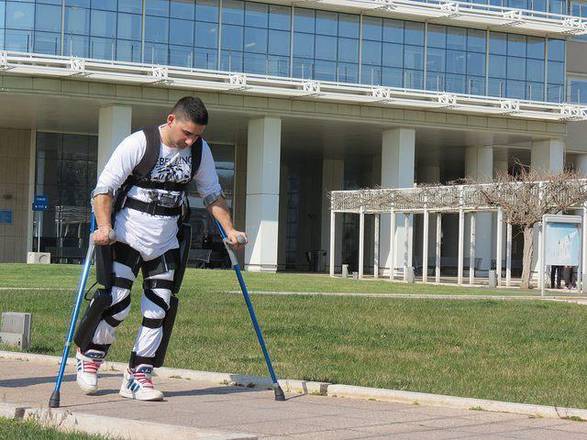If you have five minutes, read this article to the end. To know true greatness. (by PierLuigi Pinna on X, @pierpi13)
“Astutillo Malgioglio, known to friends as Tito, was the backup goalkeeper for Inter under Trapattoni, the team of the record-breaking league title. In 1987, I went to interview him for Il Giorno, the newspaper I was working for at the time, in Piacenza. I had heard that Malgioglio, then 29 years old, had opened a gym near his home for the motor rehabilitation of children with cerebral palsy. He named the facility ERA 77 (acronym for Elena, the name of his daughter born in 1977, Raffaella, his wife, and Astutillo) and, aided by his wife, provided this service for free, dedicating all his spare time to it.
I won an award in Como for this interview, presented to me by Pierluigi Marzorati, the basketball champion of Pallacanestro Cantù, which I immediately donated to UNICEF. Malgioglio told me beautiful and ugly things. True things.
He told me he had been doing all this for 7-8 years but quietly, almost incognito: because it wasn’t considered good, given the state of affairs in the world of football, for a professional footballer to be distracted with thoughts (or activities) deemed useless or bizarre, such as helping others. Unless one encountered two people like Nils Liedholm and Sven Goran Eriksson, as happened to Tito during his two years at Roma from ’83 to ’85, who convinced Dino Viola to make the Trigoria gym available to Malgioglio in his spare time, allowing him to do in Rome what he had started doing in Piacenza.
He told me that the Players’ Association, through its newspaper, had opened a subscription among all its members (the over one thousand players of Serie A, Serie B, Serie C1, and Serie C2) to raise funds for Tito’s activities, and in the end, the proceeds amounted to 700 thousand lire, which the AIC (Italian Footballers’ Association) somewhat embarrassedly arranged to give to him.
Above all, he told me that one day at the Pinetina training ground, Jurgen Klinsmann approached him and asked why, after training sessions, he always saw him rushing off to Piacenza so quickly. Tito explained why, and Klinsmann said to him: “Tomorrow I’ll come with you, I want to see with my own eyes what you do.” Klinsmann kept his promise. He got into Malgioglio’s beaten-up Beetle, went with him to Piacenza, and spent the entire afternoon watching Tito assist the children with cerebral palsy.
Then, before getting back into the Beetle to be driven back to Milan, he took out his checkbook and without saying a word wrote 70 million lire (seventy million), handed the check to his companion. He had tears in his eyes. Like those of Malgioglio”. [Paolo Ziliani da Il Fatto Quotidiano]





